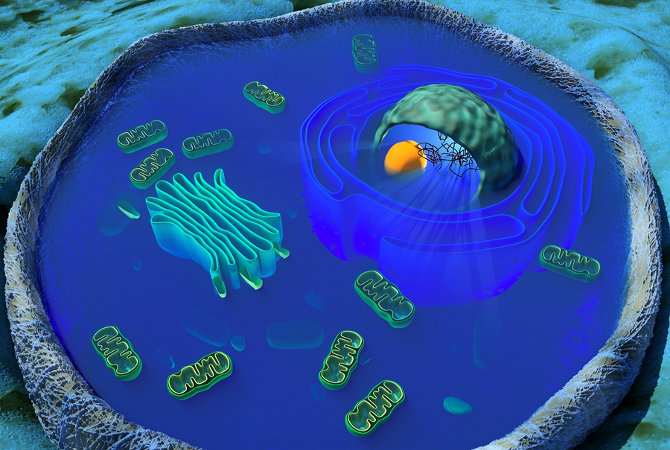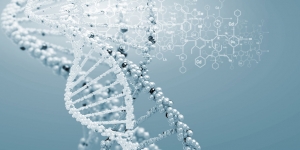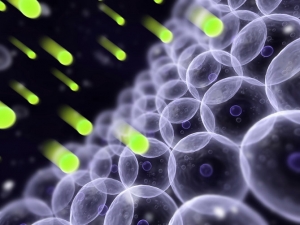The Role of Mitochondria in Skin Aging
Mitochondria plays an important role in skin aging. It is rarely discussed in the popular media today. But it ought to be. I’d like to give mitochondria the attention it deserves.
What is Mitochondria?
Mitochondria are small structures inside a cell that generate energy.
They produce 98% of the energy for the body. For this reason, they are often called the ENERGY POWERHOUSE OF THE CELL. They are your energy factories.
The energy molecules are called ATP (adenosine triphosphate). ATP is essential to life – it supplies energy for all reactions in the body. Without it, life cannot exist.
Where does this energy come from? It comes from food. Specifically, glucose, which is a sugar molecule. When you ingest food, the process of digestion breaks down carbohydrates into glucose.
What Does Mitochondria Have to Do With Aging?
Mitochondria converts this glucose into energy in a complex process (called oxidative phosphorylation). Oxygen is needed for this to happen. Almost all of the oxygen you breathe in passes through the mitochondria. (You can read more about How Breathing Creates Free Radicals here.)
Unfortunately, this process also generates Reactive Oxygen Species. It is an unfortunate consequence, and it is unavoidable. Producing energy will always generate Reactive Oxygen Species (free radicals).
These free radicals attack the DNA in the mitochondria, which poisons the mitochondria over time. The mitochondria lose their functional capacity. In other words, they produce less energy.
This is why our movements slow down, our muscle strength weakens, and our mental capacity deteriorates when we’re old.
Mitochondria are the source of 90% of the free radicals in the body. This is more than all of the environmental sources of free radicals combined. It makes mitochondria the primary cause of cellular aging.
Besides fueling the body for everyday tasks, the energy produced by mitochondria is used to fuel DNA repair. If the mitochondria is slowly damaged by free radicals over time, it produces less energy.
Less energy production means slower DNA repair.
Defective mitochondria are the cause of more than 20 diseases, such as Alzheimer’s, Parkinson’s, heart disease, and diabetes.
Did You Know?
RELATED POST: Wonder How You’ll Age. Just Look at Your Mother



